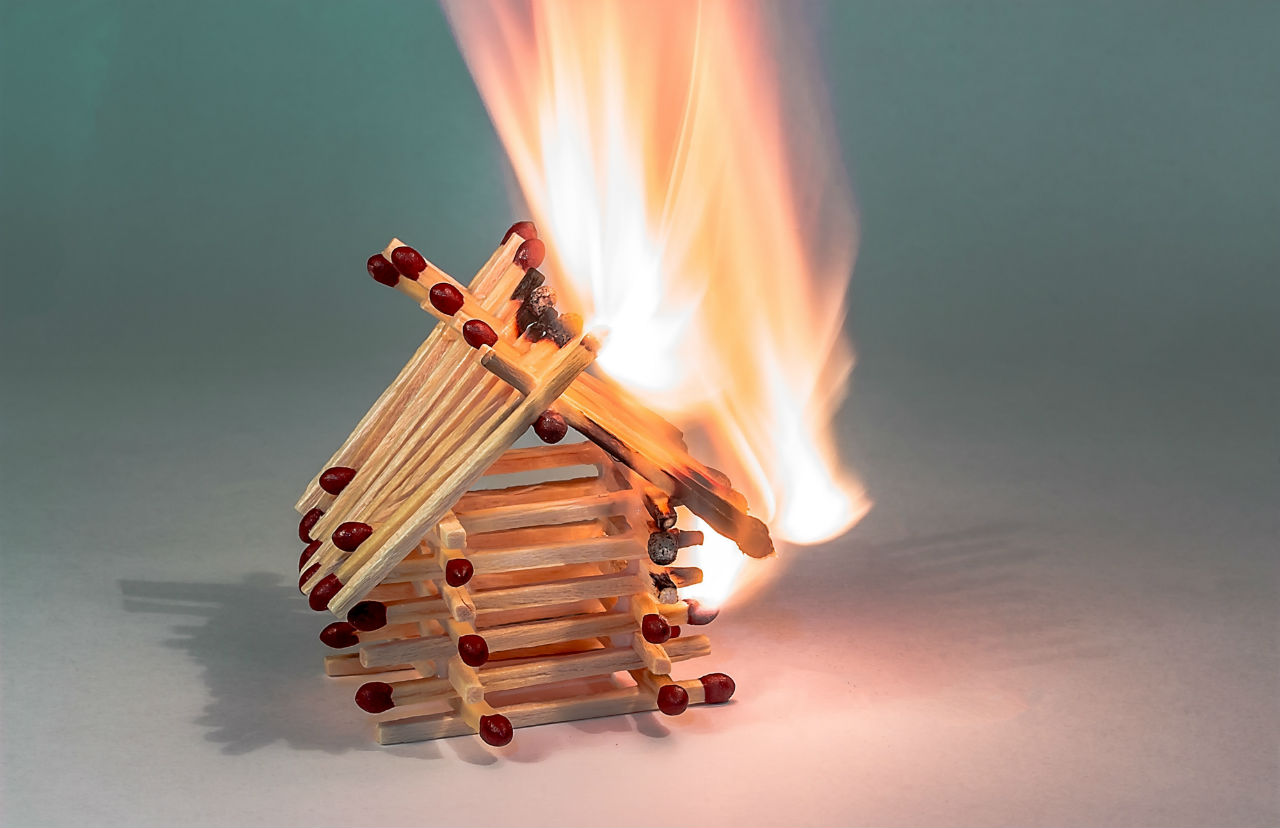The word “home” rings a bell of comfort, relaxation and an escape to a safe, secured abode. Esthetics and structural integrity of your home are very important in the long run. So is living in a place where one does not need to worry about sudden fire outbreaks, especially with young children and the older generations who are alone for the most part of the day.
When you buy your dream home, safety should be a priority. Investing a decent amount in making your home fire compliant should be included in your initial investment budget.
1. Passive fire protection shields for fire resistance: These include smoke barriers, fire barriers, horizontal installations, firewalls, and partitions. These physically limit the spread of an ongoing fire through shafts and vents.
2. Fire-resistant roofs: There are 3 classes of fireproof ceilings and are good investments in today’s age. The Class-A include tiles, clay, asphalt tiles, and fiber composite. These are really sturdy and can go up to 2 hours before getting ignited. The second type or Class B are effective against moderate fire and can go up to an hour. Class C is for light fires and is hardly recommended.
3. Automated smoke alarm: Best way to prevent a rapid spread is to install smoke alarms with the latest technology. Linking the detector to your phone app can help you check fires remotely by simply sending a signal to your phone.
4. Electrical wirings and fittings: The most common cause of the fire is overheating of wires, old wirings, and short circuits. The best way is to ensure quality checking of internal wire fittings during the construction stage. Make sure you go over the plans carefully before buying from the builder. Also, ask about the type of earthing and wirings fitted in your home.
5. Good insulation: Heavy and good quality insulation is a must for all your large electrical gadgets like the washing machine, television sets, and refrigerators.
6. Property layout: Memorize the escape route not only from your home but also the building in case of an emergency. Teach this to your kids and family and conduct regular meeting point drills to ensure that every one is well taught to handle a case of fire outbreak.
7. Leakages: Conduct regular LGP cylinder checks and piped gas leakages check in your home. Always maintain a habit to shut off the main valve at night and before leaving your home.
8. Fire extinguisher: Although not commonly seen in residential homes, keeping a small licensed fire extinguisher in an accessible area of your home might save a lot of personal and life damages.
9. Flammable liquids: These include oil containers, deodorant sprays, and room fresheners. It is surprising to know that very little consideration is given to these household items which can rapidly catch fire and sometimes also a mini explosion. Always keep these products out of reach of children and in a safe place away from the kitchen area.
It is essential to know how much to invest into making your home fire resistant and what is best for your family depending on the use of your house. Following the above easy steps will surely prevent a big fire damage that is sometimes inevitable.

